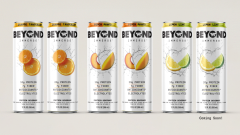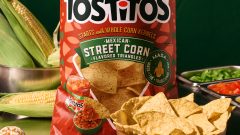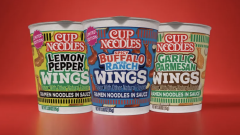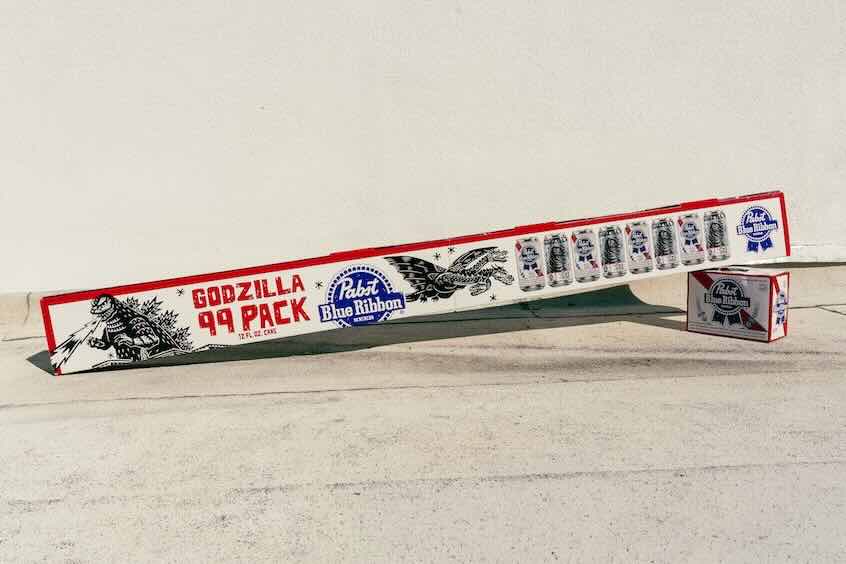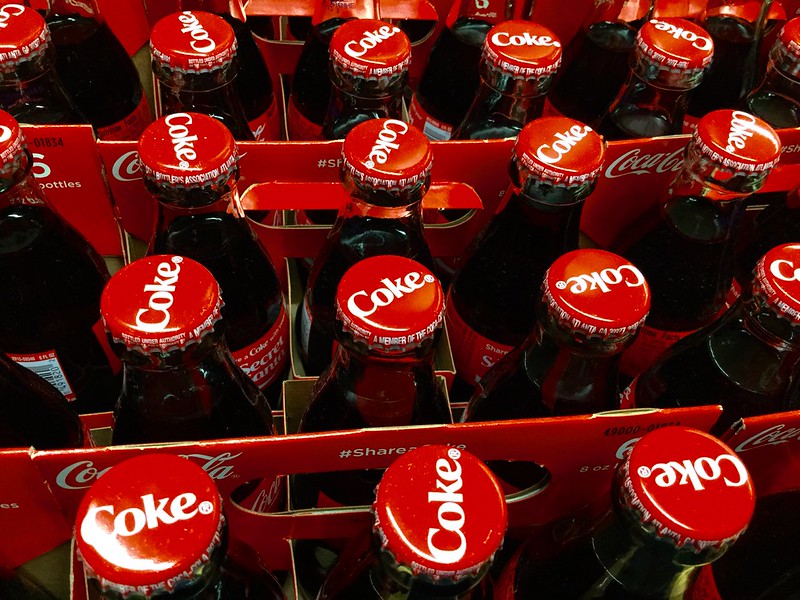Mexico’s New Junk Food Labels Face Fierce Opposition From U.S., Other World Powers
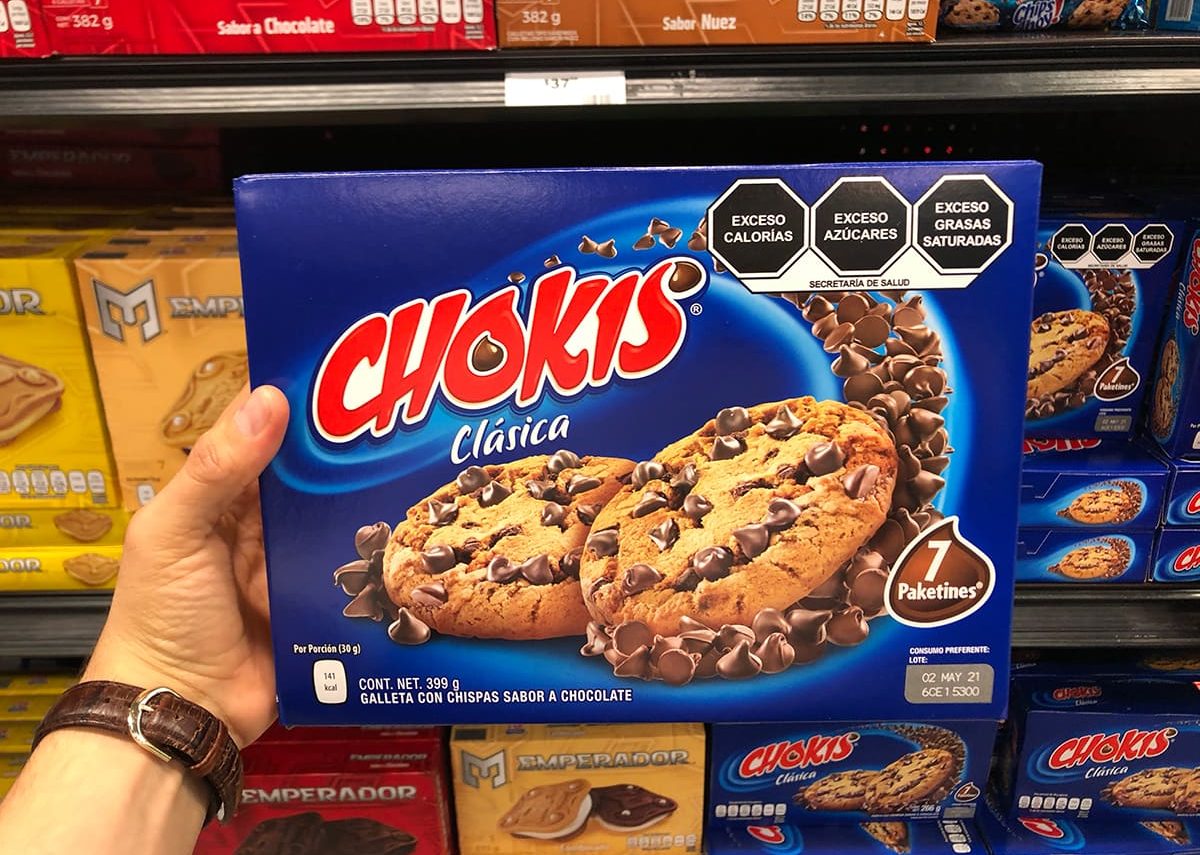
In October 2020, Mexico is poised to take a monumental step forward to combat junk food and obesity issues the country faces. Already, black octagon labels are showing up on the front packaging of food products that warn of foods with excessive calories, sugar, salt, and saturated or trans fat.

These labels are designed to meet requirements the Mexican government will enforce starting in October: requirements that, apparently, the US and other world powers oppose.

According to Reuters, a meeting minutes document from the World Trade Organization shows the US, Canada, the European Union, and Switzerland trying to persuade Mexico to delay their labeling enforcement for anywhere from 1-2 years.
The United States, for example, expressed support to combat obesity, but thinks the regulations are “more trade restrictive than necessary to meet Mexico’s legitimate health objectives,” arguing that “Mexico has chosen more stringent nutrient thresholds than the thresholds set by other countries.”

All of the countries supported a delay, with reasoning behind it being the impact of COVID-19 on the food and beverage industry. A Mexican government official told Reuters that they objected to delaying the rules.
Laws that combat obesity and reveal high-calorie and junk foods are gaining more traction globally. Chile was one of the first to introduce such laws in 2016, and saw a reduction in the consumption of sugary drinks by 23%. Some American cities, including Berkeley, have also implemented sugar taxes in recent years that showed similar results. The World Health Organization (WHO) has also found that regulations such as these are instrumental in reducing obesity globally.
The United States itself has food labeling regulations that require added sugars to be marked in the Nutrition Facts, but the Trump Administration’s FDA has indefinitely delayed enforcement of the labels.

Lobbyist groups from both the United States and Canada have also put pressure on Mexico for these laws in the past. Mexico first passed the legislation in October of 2019, giving the industry a year to make the labeling changes.
Initial rules in the now-ratified US-Mexico-Canada Agreement (USMCA) would have prevented any front-of-packaging labeling of the sort to be issued. While this did not make it into the final agreement following media attention to the rules, the finalized version still has a clause that “technical regulations concerning labels… do not create unnecessary obstacles to trade.”
The United States is a known bully when it comes to food packaging labeling, having challenged multiple countries over their laws in the past, claiming them to be a threat to US trade and business interests. According to the Institute for Agriculture and Trade Policy, USA officials criticized multiple countries for such regulations in their most recent National Trade Estimate report.
Canada, who has its own front-of-packaging law, is already facing such challenges from US and Canadian lobbyist groups over its rules.

Combatting junk food through labeling has already proven to have a significant effect in reducing obesity. Mexico is taking a stronger approach than most countries, including local trading partners like the US, with its new regulations, leading to such political pressure.
We’ll have to see if any more challenges come to Mexico’s legislation as the October enforcement of the labeling draws nearer.


